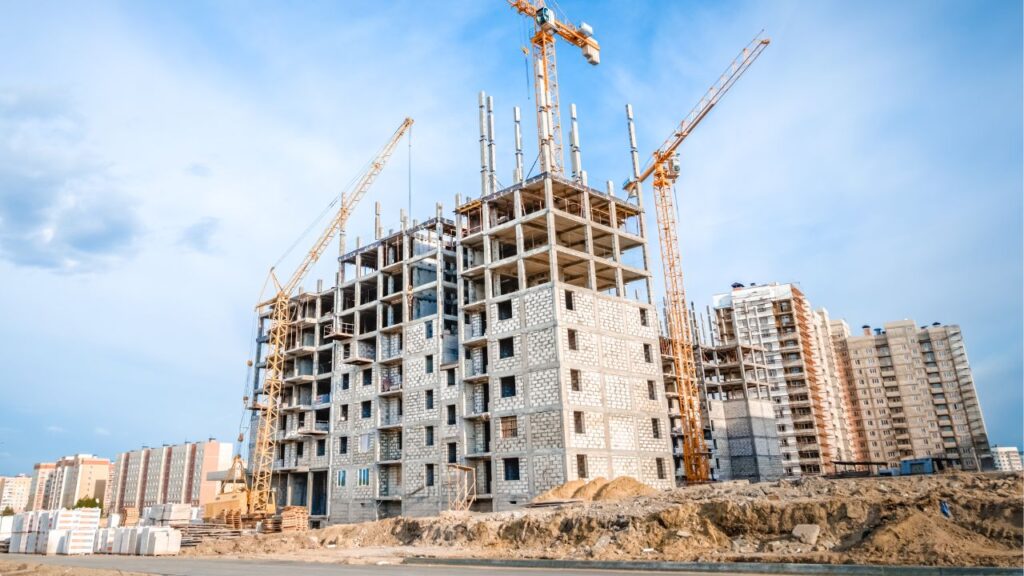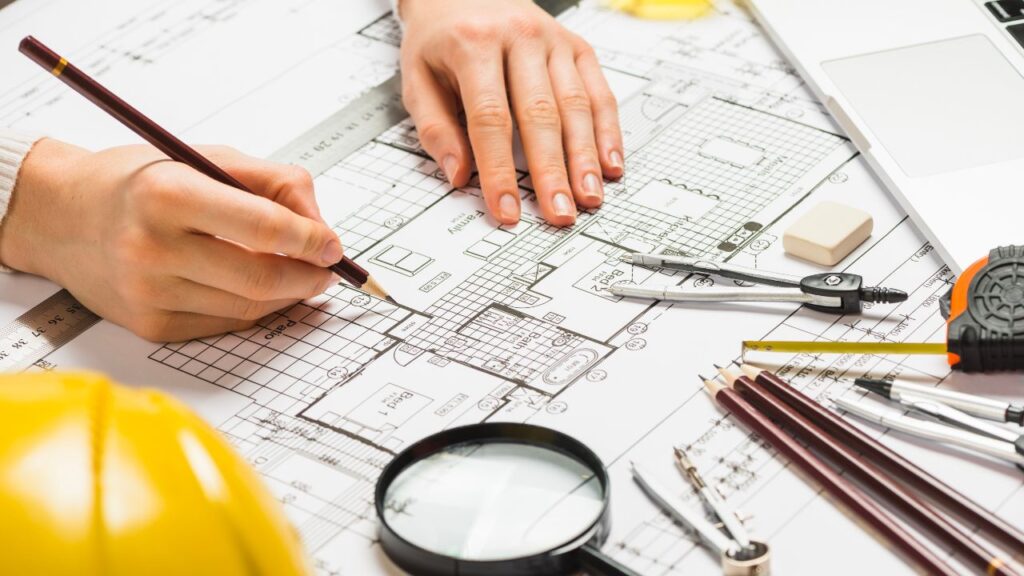Value Engineering and Cost Optimization in Construction Projects: A Comprehensive Guide
Value engineering and cost optimization are vital aspects of construction projects, enabling stakeholders to maximize efficiency, minimize expenses, and achieve optimal outcomes. This article explores key strategies, methodologies, and benefits of value engineering and cost optimization in construction projects.
Understanding Value Engineering
In this section, we define value engineering as a systematic approach to enhance project value by analyzing functions and costs, identifying alternatives, and selecting optimal solutions.
The Value Engineering Process:
Here, we outline the typical steps involved in value engineering, including:
-
Function Analysis:
- Identifying project functions and their desired performance.
- Evaluating the relationship between functions and costs. -
Creative Idea Generation:
- Brainstorming sessions to explore innovative ideas and alternatives.
- Encouraging cross-disciplinary collaboration for diverse perspectives.

-
Evaluation and Selection:
- Assessing alternative options based on factors such as cost, performance, and feasibility.
- Choosing the most favorable solution that optimizes value.
Strategies for Cost Optimization
This section highlights various strategies and techniques to optimize costs effectively:
-
Lifecycle Cost Analysis:
- Assessing costs throughout the project lifecycle, including initial investment, operation, and maintenance.
- Considering long-term cost implications when selecting materials, equipment, and systems. -
Value-Based Decision Making:
- Prioritizing project aspects that deliver the highest value to stakeholders.
- Balancing cost reduction efforts with maintaining quality and functionality.

-
Standardization and Modularization:
- Promoting the use of standardized components and systems to reduce material and labor costs.
- Implementing modular construction methods to enhance efficiency and minimize waste.
Benefits of Value Engineering and Cost Optimization
This section highlights how value engineering and cost optimization contribute to better cost control in construction projects, including:
– Early identification and mitigation of potential cost overruns.
– Efficient allocation of resources, ensuring optimal utilization.
– Minimization of unnecessary expenses and waste.
Enhanced Project Efficiency:
Discuss how value engineering and cost optimization improve overall project efficiency, such as:
– Streamlined construction processes and reduced project duration.
– Identification of value-adding design changes and alternatives.
– Mitigation of project risks and uncertainties.
Value Engineering vs. Cost Optimization Table
Aspect | Value Engineering | Cost Optimization |
Objective | Improve value by analyzing functions | Optimize costs through strategic measures |
Focus | Functionality and performance | Cost reduction and efficiency |
Key Activities | Function analysis, idea generation | Lifecycle cost analysis, decision making |
Benefits | Enhanced value, innovation, risk reduction | Cost control, efficiency, risk reduction |
Implementation Factors | Cross-disciplinary collaboration | Cost-conscious decision-making |
Conclusion
Value engineering and cost optimization are critical for construction projects to achieve maximum value, efficient resource allocation, and successful outcomes. By implementing these strategies, stakeholders can ensure cost-effective projects, improved efficiency, and enhanced stakeholder satisfaction. Remember to conduct keyword research and include relevant keywords throughout the article to optimize its search engine visibility.
Frequently Asked Questions ( FAQs)
Value engineering is a systematic process that aims to improve the value of a construction project by analyzing its functions, materials, systems, and processes. It involves identifying and eliminating unnecessary costs while maintaining or enhancing project performance and quality.
Value engineering is important in construction projects because it helps optimize costs without compromising on project quality or functionality. It allows project teams to identify cost-saving opportunities, reduce waste, improve efficiency, and maximize the overall value of the project.
Value engineering should ideally be implemented during the early stages of a construction project, such as during the design and planning phase. However, it can also be carried out at any stage of the project to identify potential cost-saving opportunities and value enhancements.
The typical steps involved in value engineering include:
- Defining the project objectives and identifying the value criteria.
- Analyzing the project’s functions, systems, materials, and processes.
- Generating alternative solutions that can achieve the project objectives at a lower cost.
- Evaluating the alternatives based on their costs, benefits, and risks.
- Selecting the most viable alternatives and implementing them.
While value engineering focuses on improving the overall value of a construction project, cost optimization specifically aims to reduce costs while maintaining project objectives. Cost optimization can be a subset of value engineering, where the focus is primarily on identifying cost-saving opportunities without compromising on quality or functionality.
Get Estimate To Bid More Projects
Here I am going to share some steps to get your construction cost estimate report.
-
You need to send your plan to us.
You can send us your plan on info@estimatorflorida.com
-
You receive a quote for your project.
Before starting your project, we send you a quote for your service. That quote will have detailed information about your project. Here you will get information about the size, difficulty, complexity and bid date when determining pricing.
-
Get Estimate Report
We do construction cost estimating and prepare a detailed report for your project. At last you finalize the report and finish the project.

